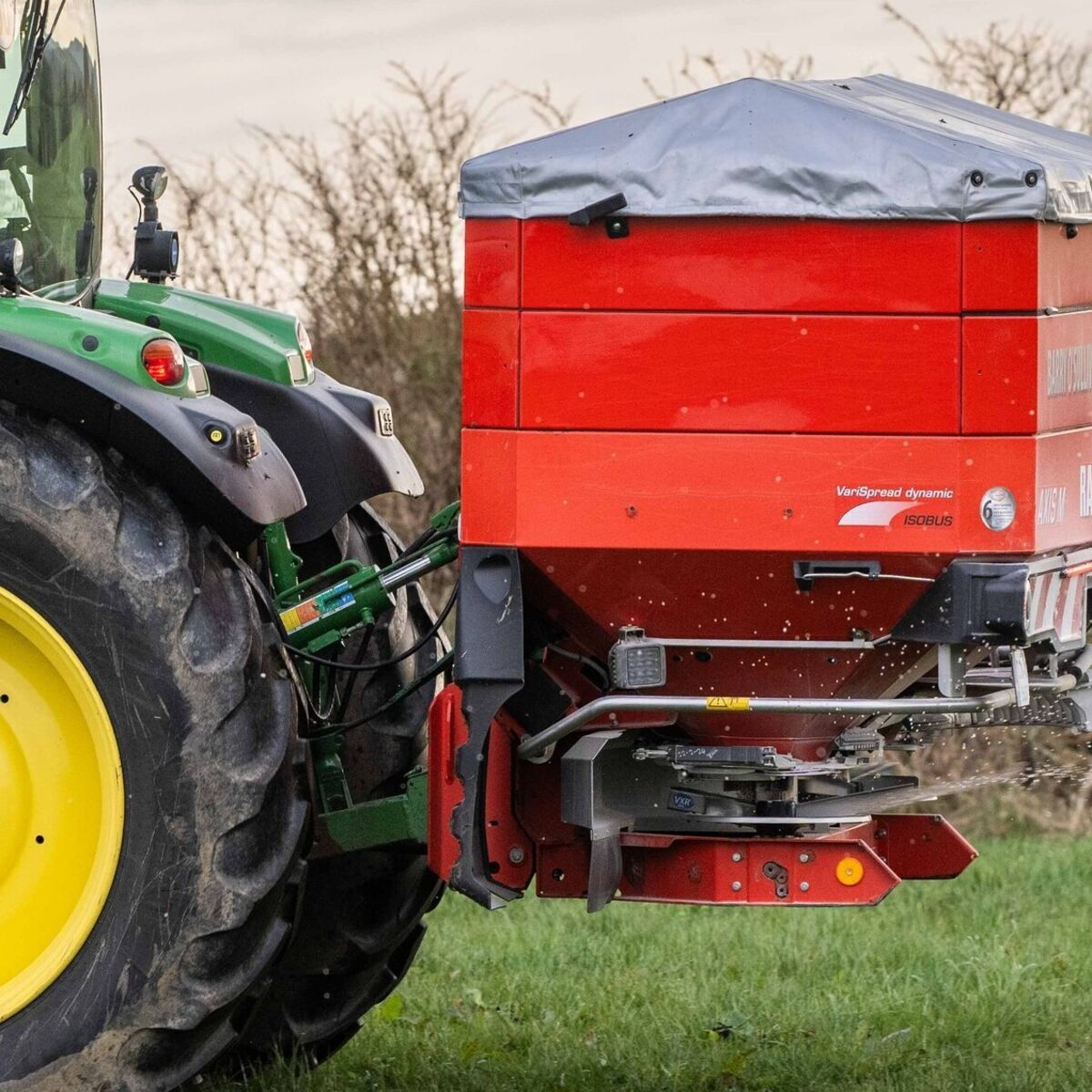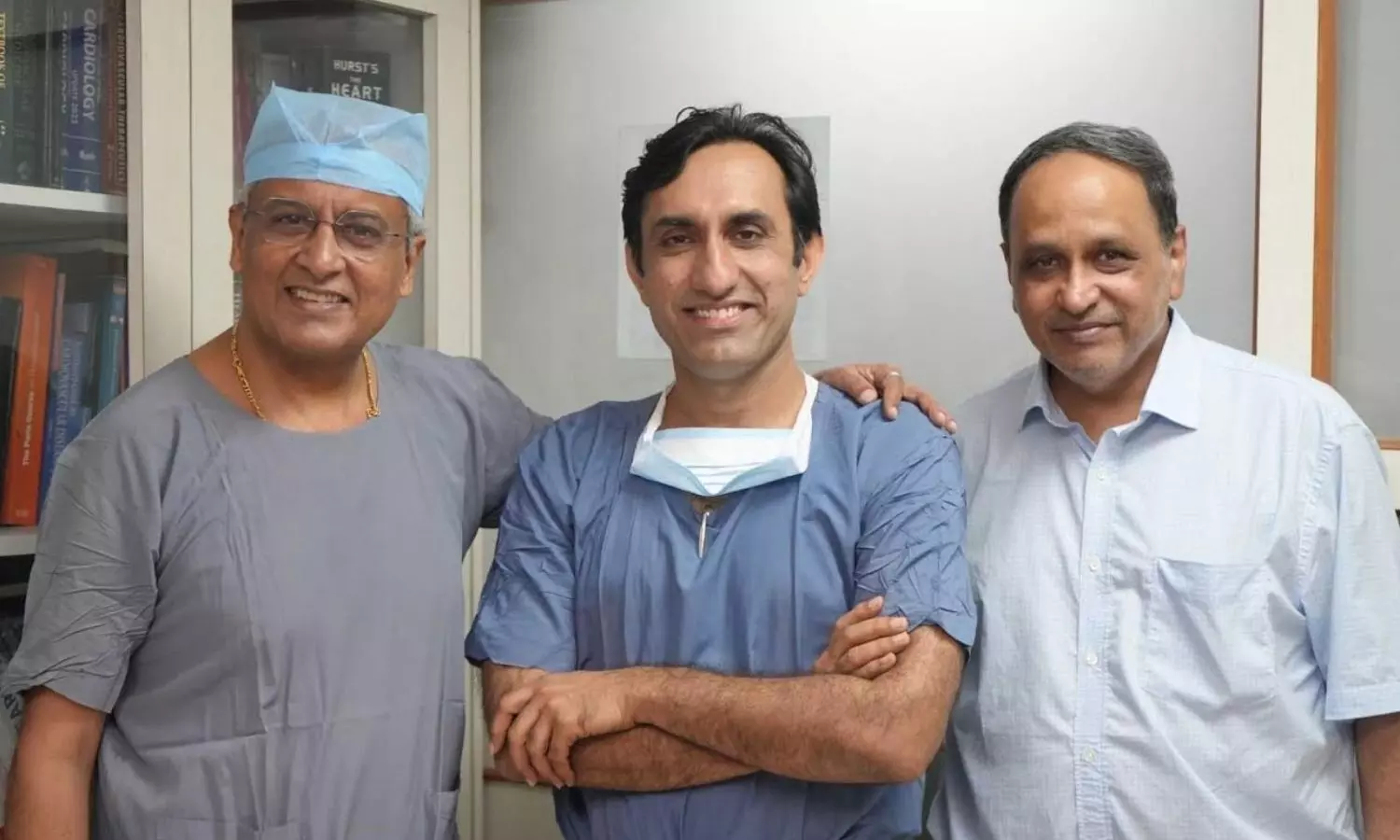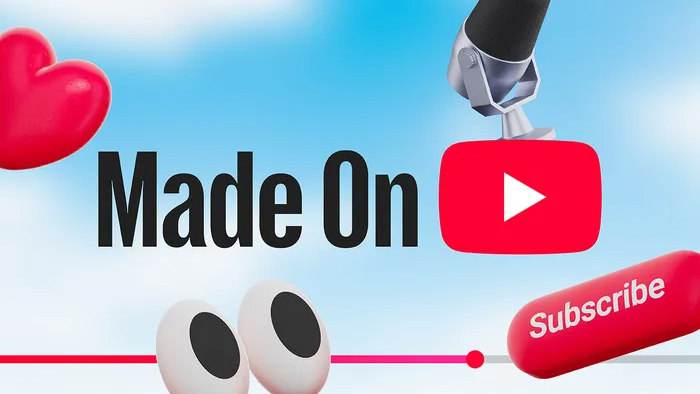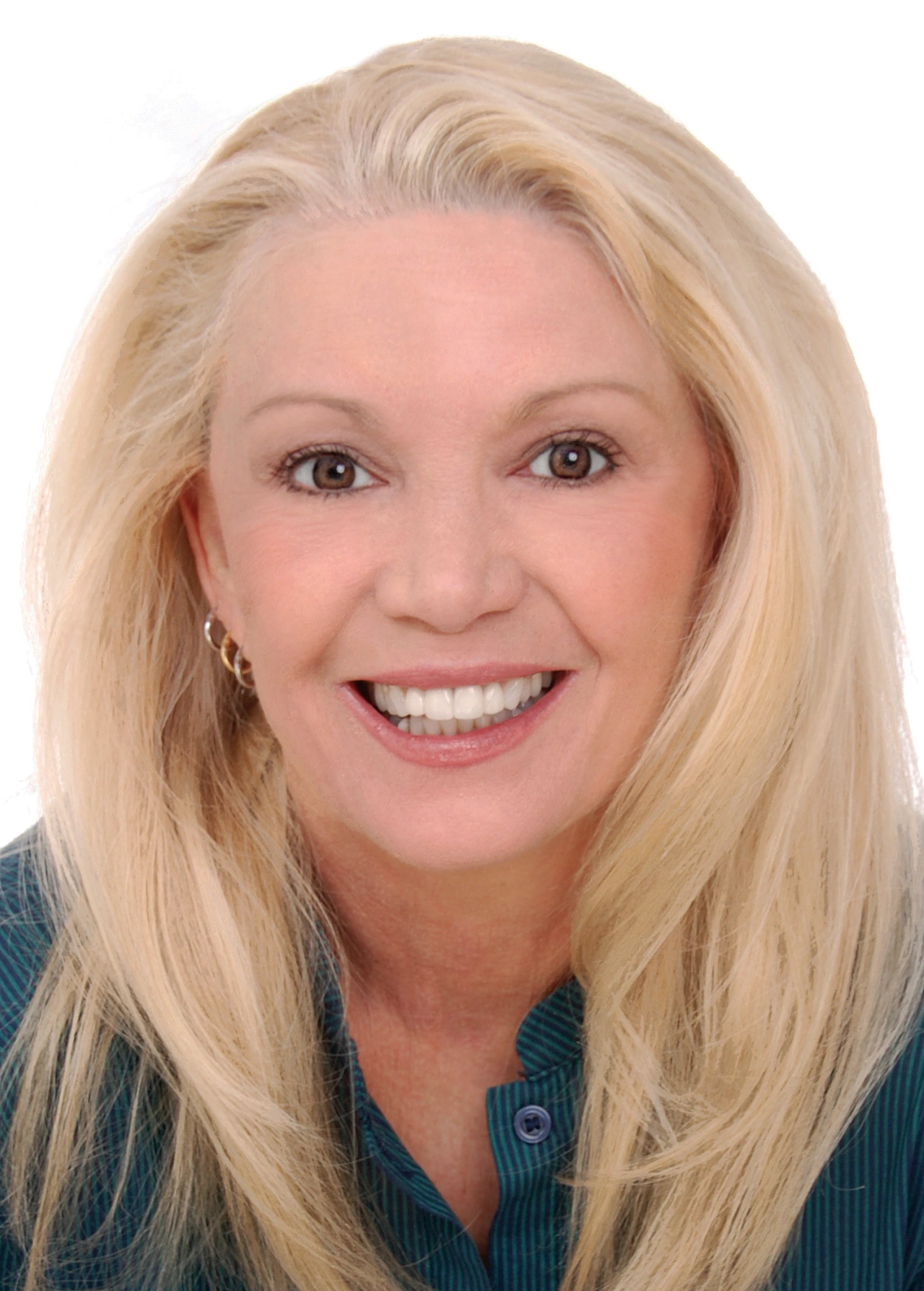By Irishexaminer.com,Zoe Geary
Copyright irishexaminer

As Ireland seeks circular solutions to enhance agricultural sustainability, a pivotal workshop during ‘Irish Bioeconomy Week’ will focus on building a robust market for recycling-derived fertilisers (RDF).
RDFs are derived from animal manure, urban waste, human waste in the form of sewage sludge and products that have undergone treatments to make them viable as fertilisers. Some forms of RDF include compost, digestate pellets, struvite, ashes, ammonium sulphate and ammonium nitrate.
The event, “Supporting the Market for Recycled Fertilisers in Ireland,” will be held on October 15, from 9:30am at UL.
The interactive session aims to address a critical challenge that markets for alternative fertilisers do not simply emerge; they are actively shaped by policies, technologies, supply chains and collective vision.
The workshop will bring together fertiliser producers, farmers, policymakers, researchers, and advisors to frame how the market and supply chain might evolve in the years ahead.
The workshop is driven by the need for fertiliser security, as highlighted by the EU-funded ReNu2Cycle project. Europe annually imports over six million tonnes of nitrogen, phosphorus, and potassium fertilisers. This leaves Ireland vulnerable to the fluctuating global energy prices, mining costs and geopolitical instability.
This vulnerability became more evident over the last number of years. Essential nutrients are lost as waste in some regions, while others, like Ireland, face nutrient deficits.
The EU also funded the SIMONE project, which looks at how farmers can use nutrients more efficiently, with recycled fertilisers being one such approach.
Lecturer and Researcher at MTU, Dr Niamh Power, said: “Our goal is to reduce North-West Europe’s dependency on fossil-based fertiliser imports by creating a market for recycled nutrients.”
The workshop is a key ‘living lab’ activity that engages Irish stakeholders directly, identifies bottlenecks, and co-creates solutions tailored to the Irish context.
At the workshop, participants will imagine the market for recycled fertilisers in 2035, identify essential policy frameworks, supply chain innovations, and trust-building mechanisms, surface key opportunities and challenges for farm-level adoption and national policy, and co-design strategies for creating viable, sustainable, and inclusive markets.
Registration is free, and interested parties can register online. The workshop is co-hosted by the Irish Nutrient Sustainability Platform, University of Galway, Queen’s University Belfast and the Dairy Processing Technology Centre.
For more information about the workshop, contact Dr Niamh Power at MTU.



